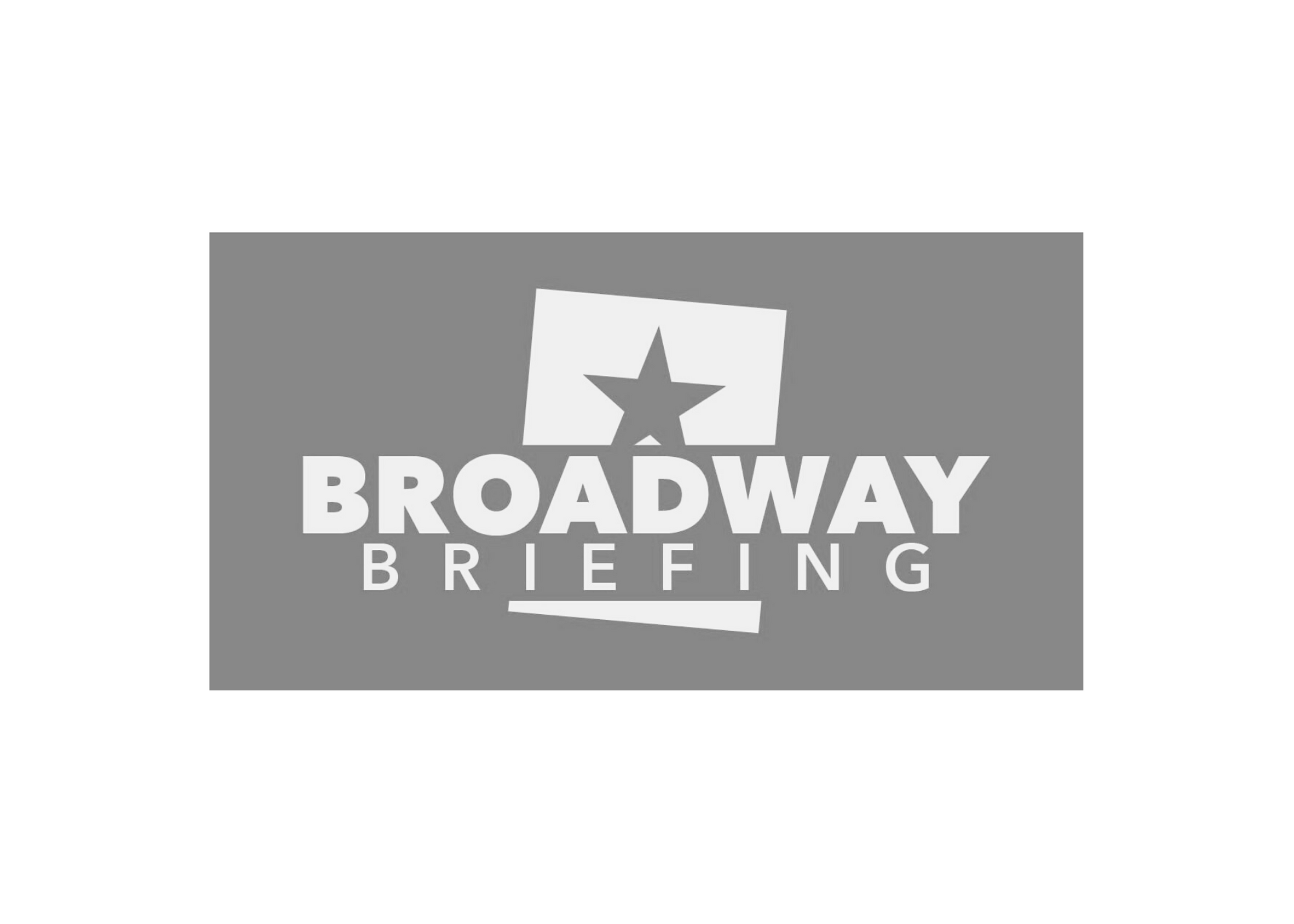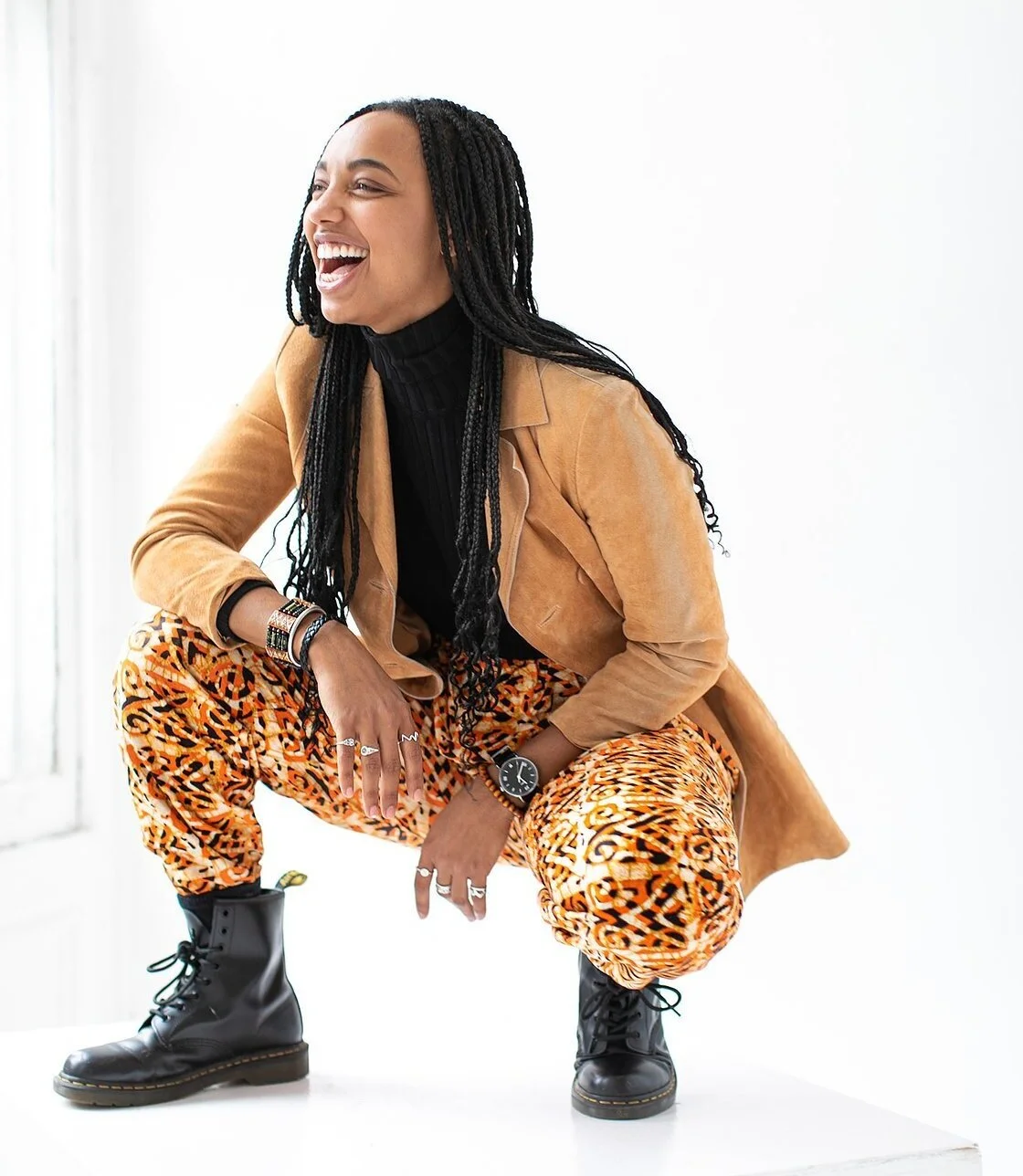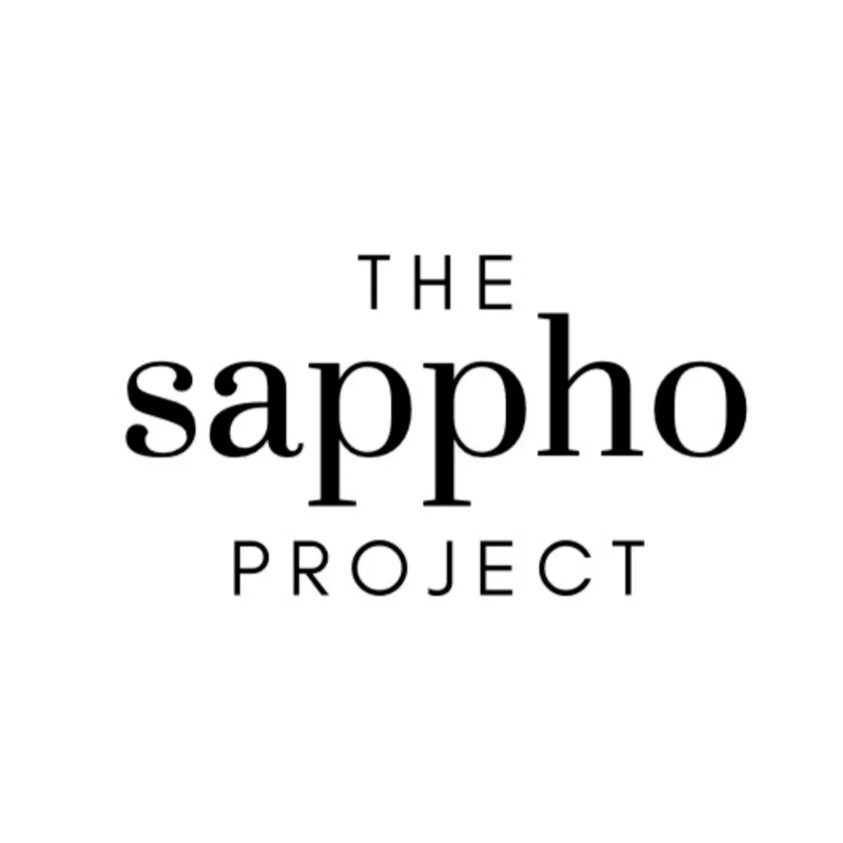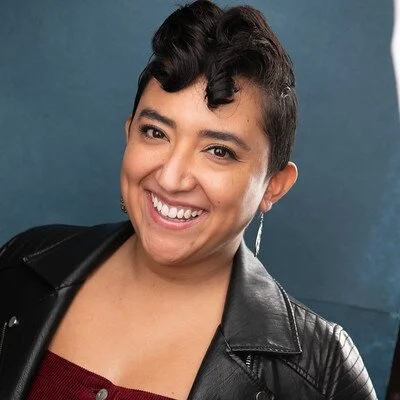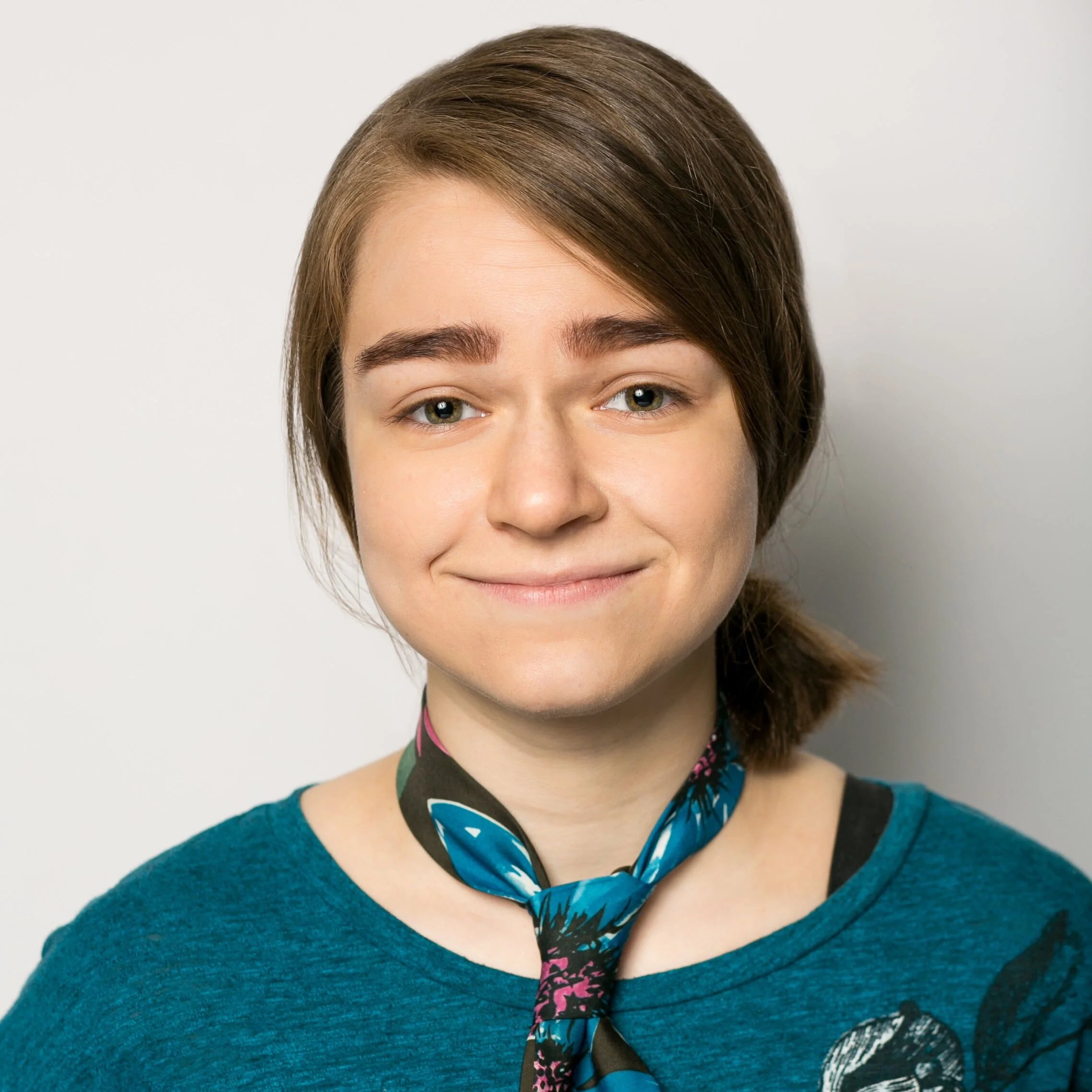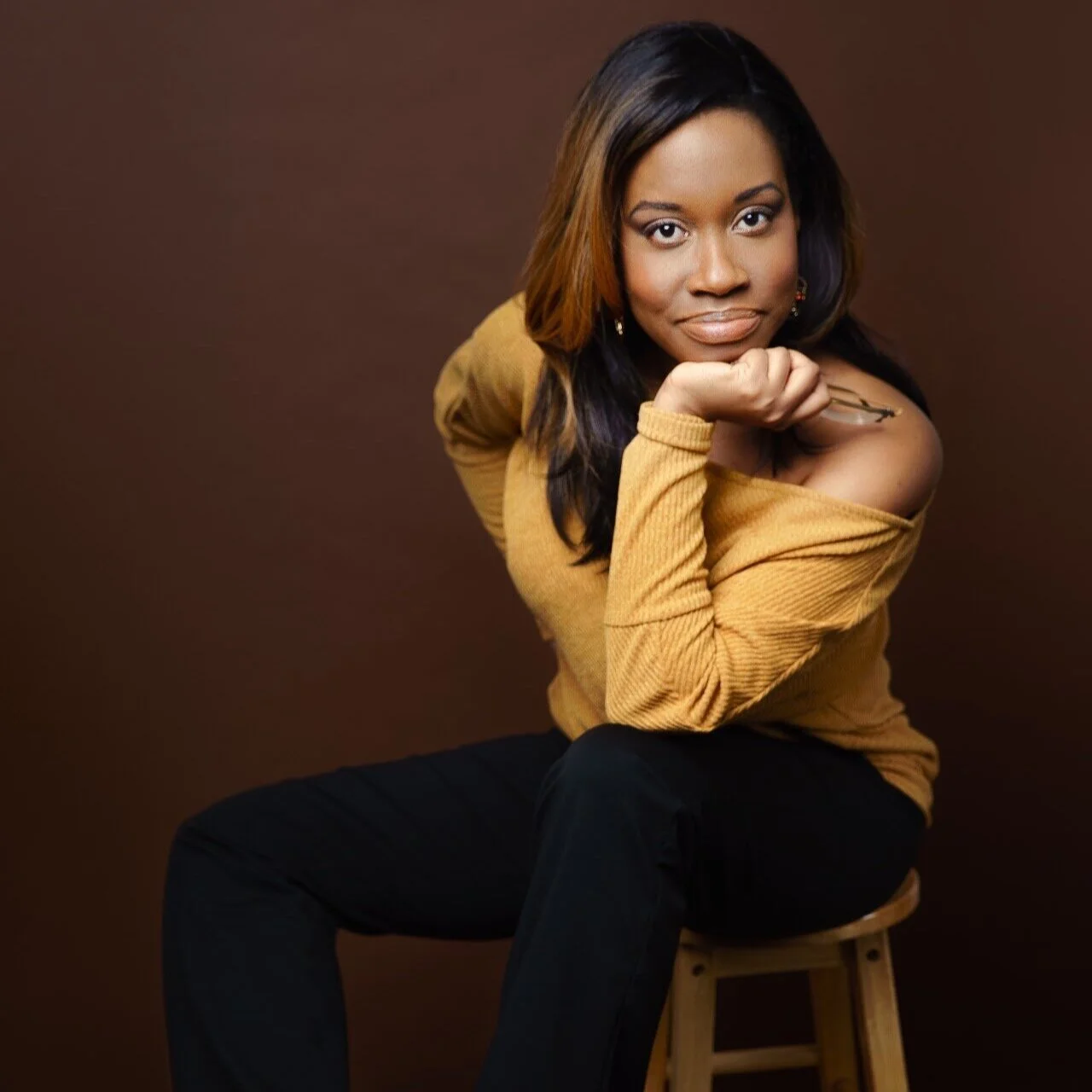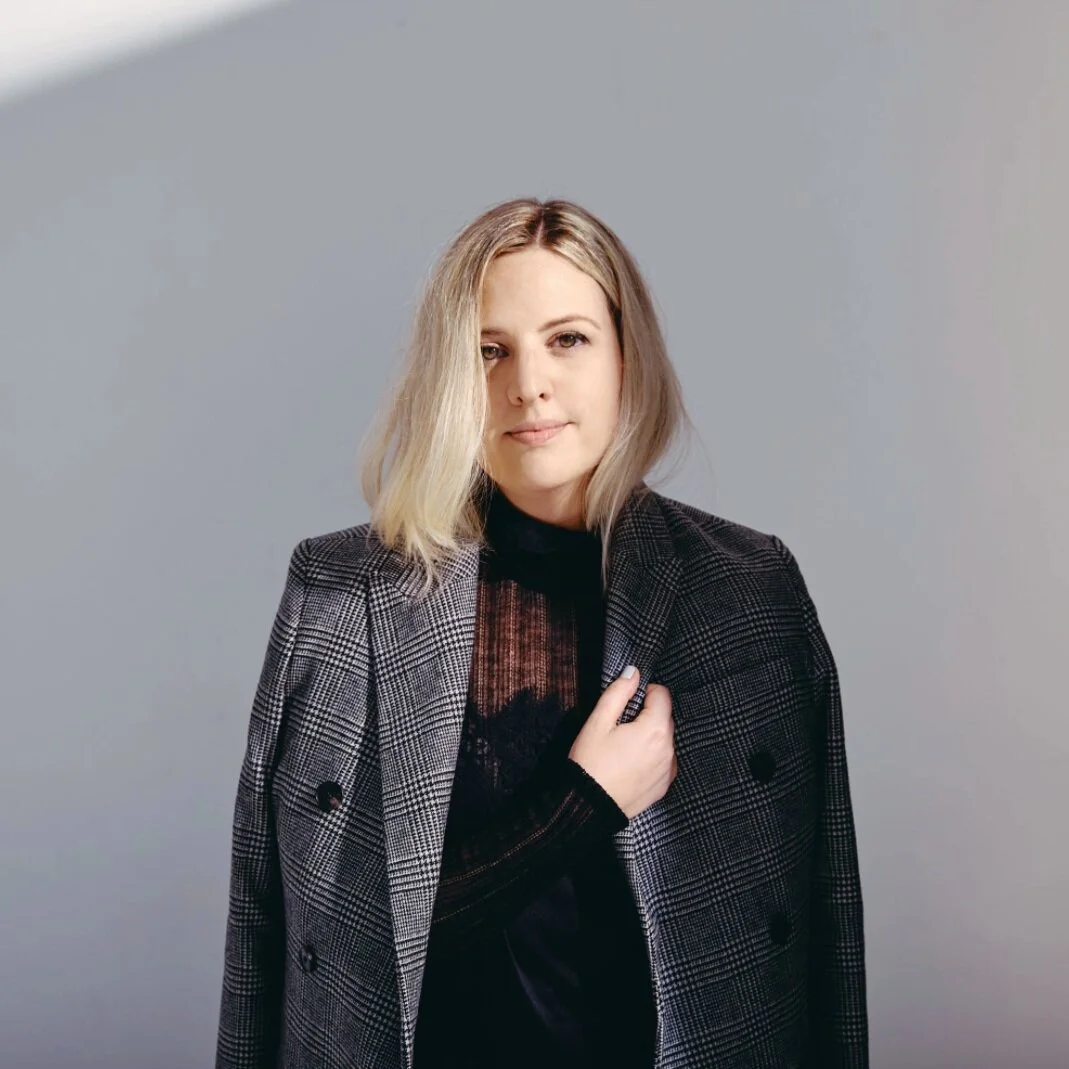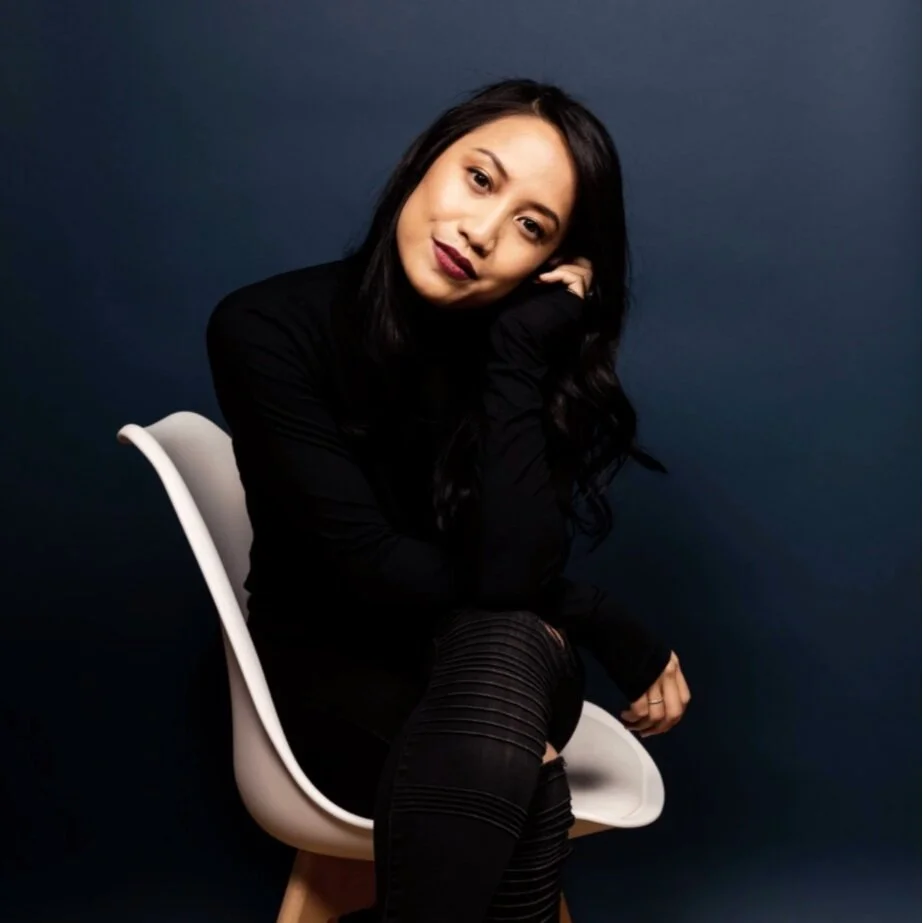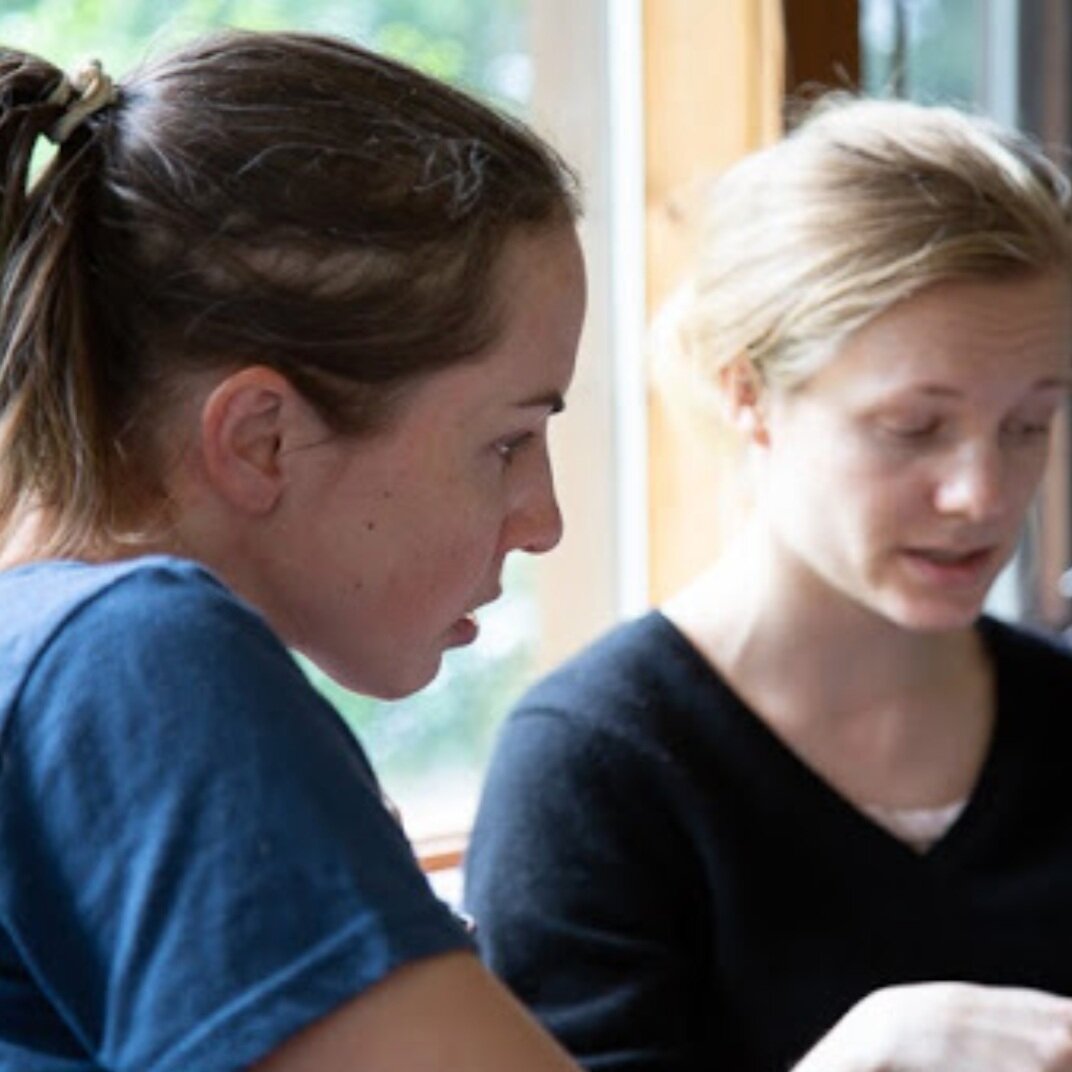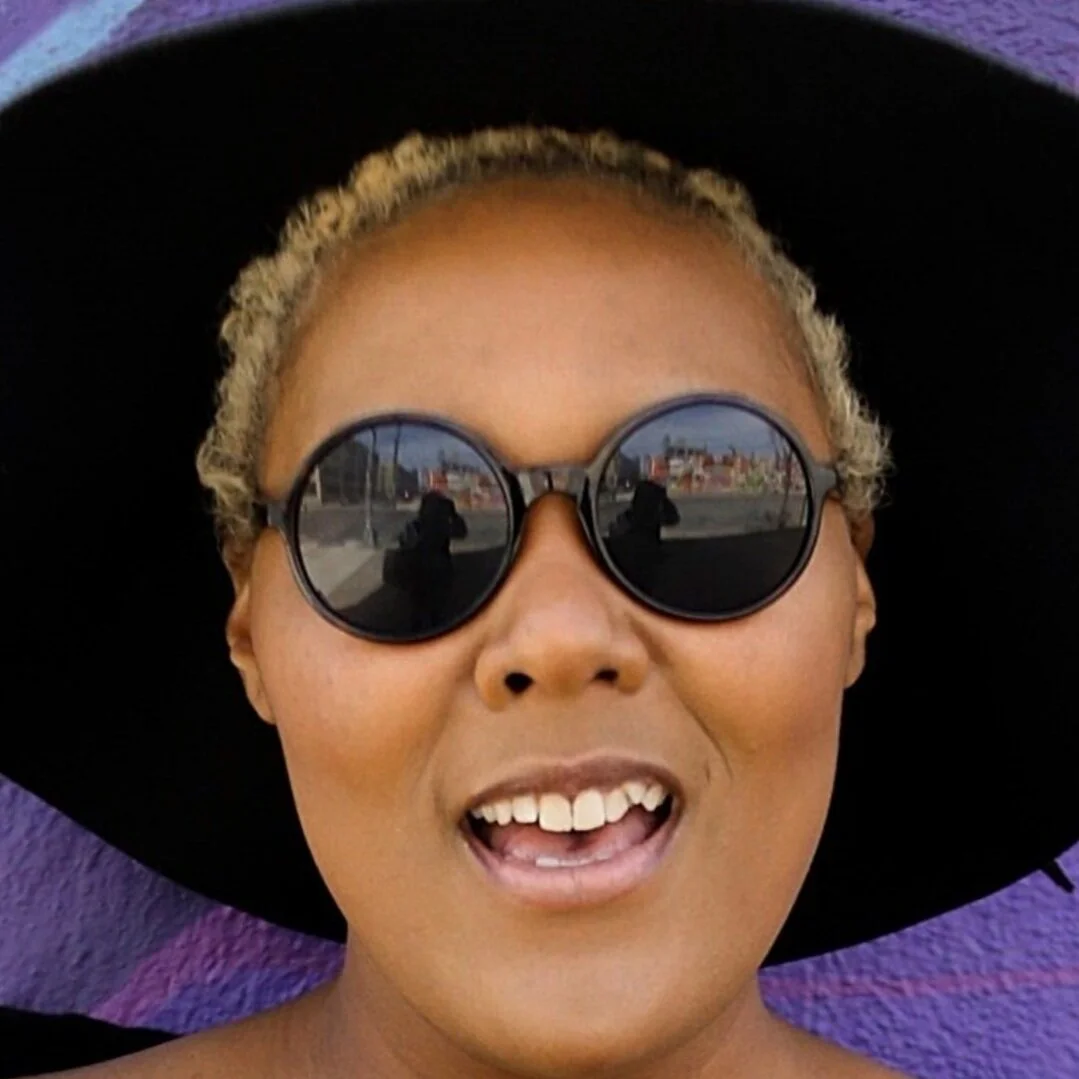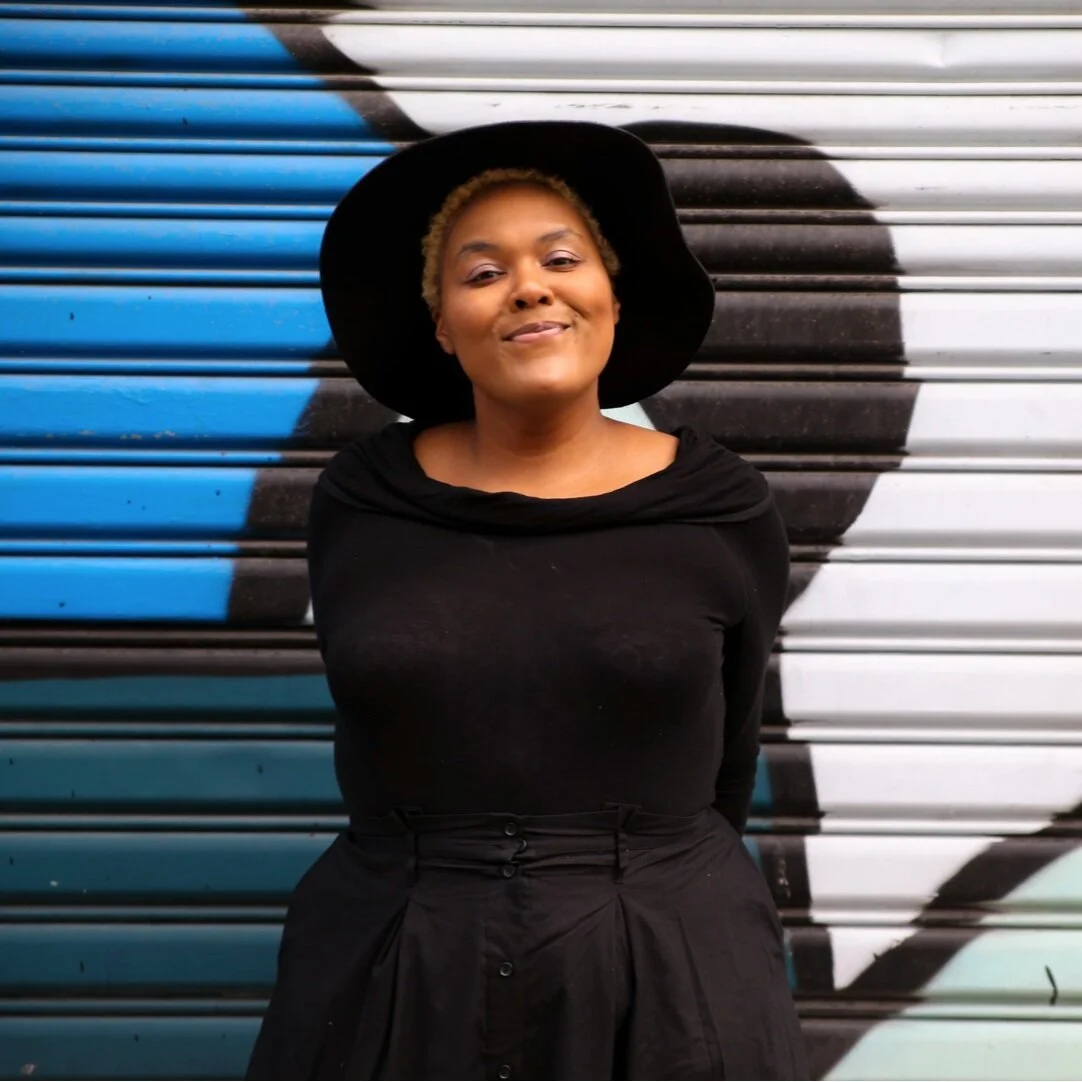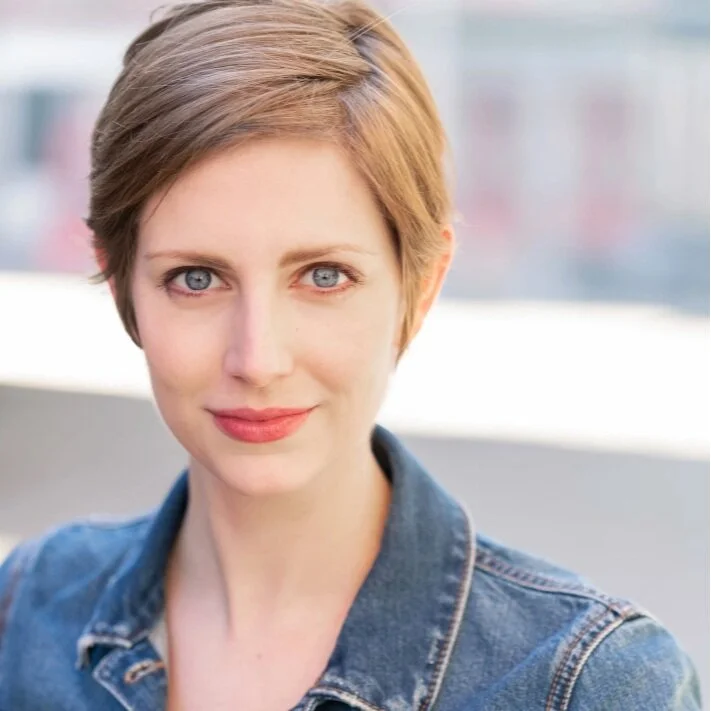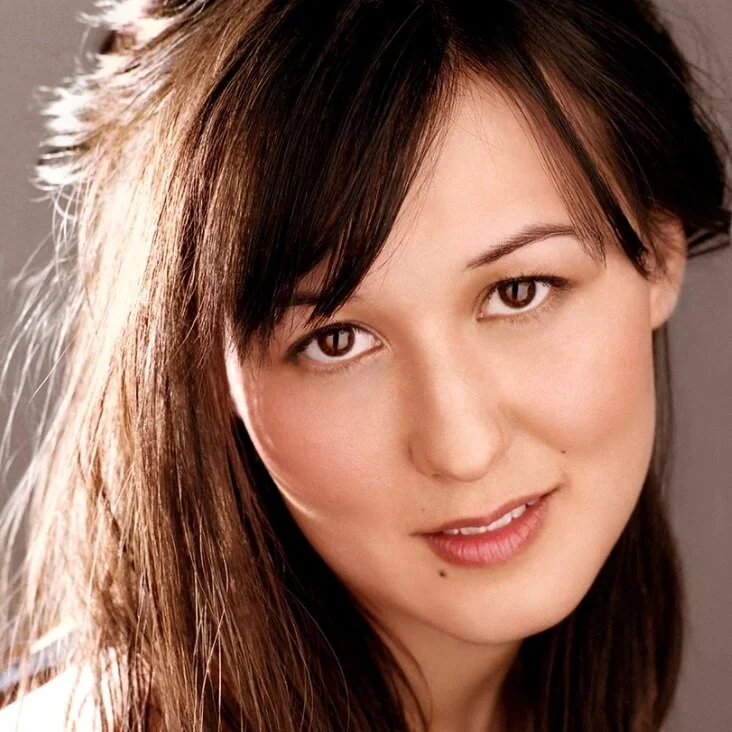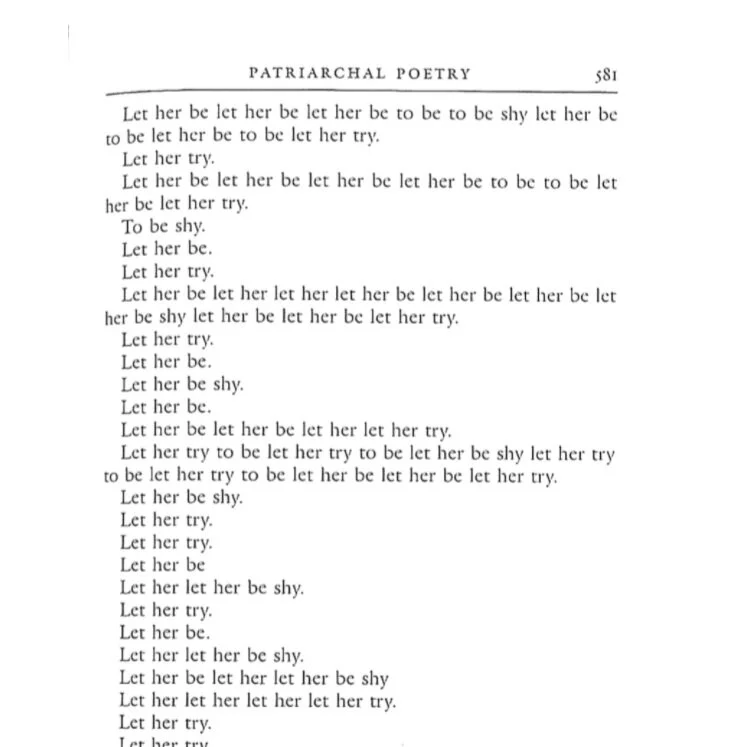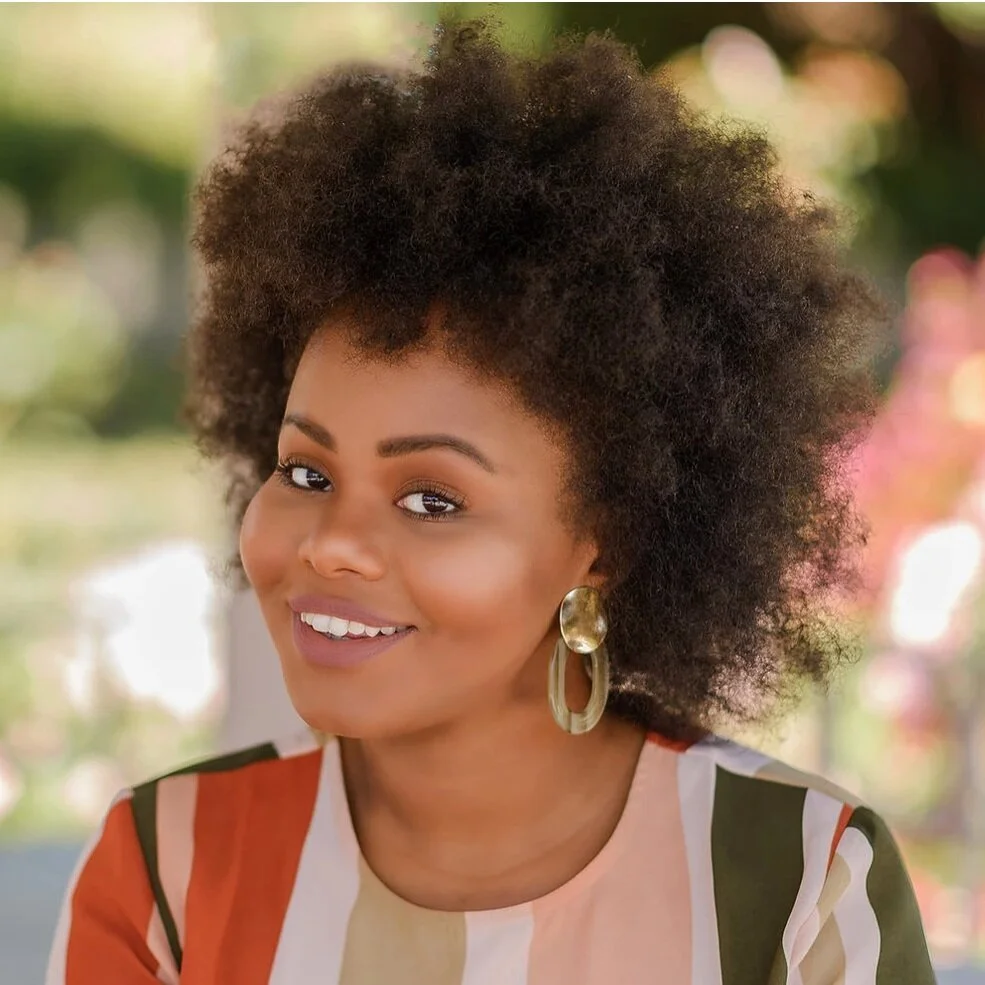"Beauty endures only for as long as it can be seen;
goodness, beautiful today will remain so tomorrow."
— S A P P H O
read the blog
"The reason I became a writer was to lift up underserved communities, shining a light on stories that challenge our implicit biases and unmask the lies we tell ourselves. These goals remain at the heart of everything I write."
“Every time we fail to set a boundary with misogynists, we say to ourselves, “My needs are less valid than theirs.” We cannot accept this. Why do we accept this? The theatre must change, or the theatre will die. How are we changing to get to gender parity in the theatre when we reopen? Not will we, how will we.”
“My only audience is me. I’m hoping to spend my exploration in drafting this piece, as well as this whole year, showing myself radical self love. Asking what I can do to honor myself the most. Specifically, with POWER, I seek to make myself physically react to moments - anger, sadness, and above all, hope - felt in the body.”
The world needs art now more than ever. Your work is important. Your creativity is vital. This is a list of project based awards, festivals, and workshops accepting applications now.
“What do we see when we stop looking at ourselves through the bifocal lenses of survival and the male gaze? Let’s find out.”
In Jen Waldman's class C.R.E.A.T.E., where you're given creative ingredients, a prompt, and 60 minutes to create a piece of art, Makenzie Gomez raised her Zoom hand to share. Her creation painted a picture of the profound potential that exists when we begin to build a bridge between us. And we are so grateful we get to share it with y'all on Sappho Small Talk.
“I like to say that I make theatre that is “Brut/e/ful”: equal parts brute and equal parts beauty - also my IG handle, check it below! That’s because it reflects the landscape of my internal understanding: I believe life is ugly and violent. I also believe life is beautiful and awe-inspiring. As a human, and as an artist, I’m always trying to find new ways to hold space for the whirlwind of contradictions that push us along this mysterious path called humanness.”
“We are writing from a place where we want to showcase a new future for the American Theater - one that is for everyone. For BIPOC, LGBTQIA+, Fat, and all people who have been reduced to the fringes of theater. For theater-makers who have needed the opportunity to be seen in front of new audiences.”
“I think in a way, any story we write is an identity story. Our identities aren’t like stickers that we can peel off and leave curled up on the floor for a while. (Though as a trans person who experiences dysphoria, that sticker thing does sound kinda nice.) No matter what kind of narrative you find yourself drawn to writing, your identity will shape it into something that could only come from you. Something authentic. Something necessary.”
“I’ll be honest; the theater world has not made it easy to develop my voice as a Black female writer. I find that most developmental/mentorship programs support only a “favored few” in the BIPOC community, ignoring a large and thriving population of diverse voices and perspectives.”
The world needs art now more than ever. Your work is important. Your creativity is vital. This is a list of project based awards, festivals, and workshops accepting applications now.
“For us, inspiration usually comes from real experiences we’ve had or been close to. We like to walk through life with our hearts wide open, taking in experiences and trying to capture how they make us feel, for better or for worse, then using that catalogue of feelings for inspiration.”
“I grew up as a classical pianist, but was also in love with pop/folk music. I didn’t really discover musicals until my teens, and then went on to study theatre in college. Now that I am writing musicals, I think my background of varied musical styles informs my writing in a big way. I’m also really interested in breaking form and playing with time and perspective in the pieces that I write.”
“A lot of my childhood in the 1990s was spent in the car with my Mom, driving to dance class. I grew up as a ‘competition dancer’ in very white, rural Canada - taking jazz, tap, and ballet classes after school 4-5 days a week at the Hanson School of Dance in Kindersley, Saskatchewan and supplementary ballet technique on Saturdays and Sundays at La Danse in the big city of Saskatoon. In a week, we’d clock upwards of 10 hours in the car together.”
“As musical theatre writers, though, we bonded over a common love of Rodgers and Hammerstein’s work. We keep coming back to how they approach character development, and define and subvert conventional dramatic structures. Early in our partnership, we watched The King and I together, and it influenced how we conceived the dual protagonists and integrated the ensemble of The First Year.”
“Last, but certainly not least, I want to talk about producing through the lens of collectivism. Just so we’re on the same page, Collectivism is defined as the practice or principle of giving a group priority over each individual in it; but we are defining Collectivism 2.0 as seeing self as a part of community. No one is greater than the whole, but each person does matter. Given these definitions, it may be difficult to imagine the ways producing can, and should, fit into the vision of our new world.”
“Back in 2017, I came across an article about an amazing group of people in Cuba known as Los Frikis. They were, and are, a community of Punks who decided to infect themselves with HIV in order to undermine the societal oppression they faced. I was so moved by their story because I had never seen people so ready to die for the potential to live by their own ideals.”
“From the moment I started acting, I was very aware that there was always someone there to replace me. It began in preschool. I vividly remember winning the lead role of Harriet Tubman in our Black history month musical, only to be replaced by one of my friends who wasn’t crippled by stage fright. I now understand why it happened the way it did, but when I was a child it was a simpler understanding... I was replaceable. It’s a story, a myth we are consistently fed as actors.”
“During quarantine I have fixated on many things, but a primary focus has been Octavia Butler’s quote, “There is nothing new under the sun, but there are new suns.” As we look towards the future of our industry I want us to do the work of imagining new suns. I hope this can be a tool that helps each of us start to imagine what our new world could look like.”
“Here is something I have not said in public before, for fear of being a “bad activist”: As a Black mixed nonbinary educator, playwright, singer, and aspiring director who has survived sexual, emotional, and physical violence, I no longer believe in “safe” or “safer” spaces, under any circumstances.”
“I love the American Songbook. These are the songs, many originating in early American musicals and Hollywood films, that form a staple popular repertoire for jazz musicians. The greatest jazz artists constantly demonstrate infinite creativity in reinterpreting these songs.”
“In 2016, I had the privilege of seeing Ali Ewoldt perform the role of Christine Daae in The Phantom of the Opera. She was the first Asian-American actress to portray Christine, and as a Phantom fan of many years, I was especially excited by the diversity of its casting. I am by no means a musical theatre critic, but I thought Ewoldt did a wonderful job. She was an eminently convincing Christine, masterfully navigating her duality as an impressionable ingénue as well as a dramatic primadonna.”
The world needs art now more than ever. Your work is important. Your creativity is vital. This is a list of project based grants, emergency grants, festivals, and workshops accepting applications now. Sending love to all you beautiful artists.
“Everything I write is always dealing very intensely with some cross section where race and gender are very upsettingly hitting each other.”
“I know that people are going to be, as always, afraid to hear perspectives that challenge their comfort, but I really hope the theater industry is prepared to amplify those voices more than anyone.”
“I was a poetry nerd before I was a musical theatre nerd. In my first month living in New York, I remember sitting in an acting classroom on 38th Street. I was quiet and nervous. My hands gripped the sides of the chair as I tried to absorb every piece of musical theatre knowledge that came my way, distracting myself from the anxiety. I had spent the previous four years in college studying poetry and had a lot to learn about this new musical theatre world.”
“It's very dangerous to disparage a group of people that is under attack... How do I talk about the things about the culture that I grew up hating, but do it in a loving way, because I do love my family and my culture and my people? And do it in a way that can't then be used against us."


